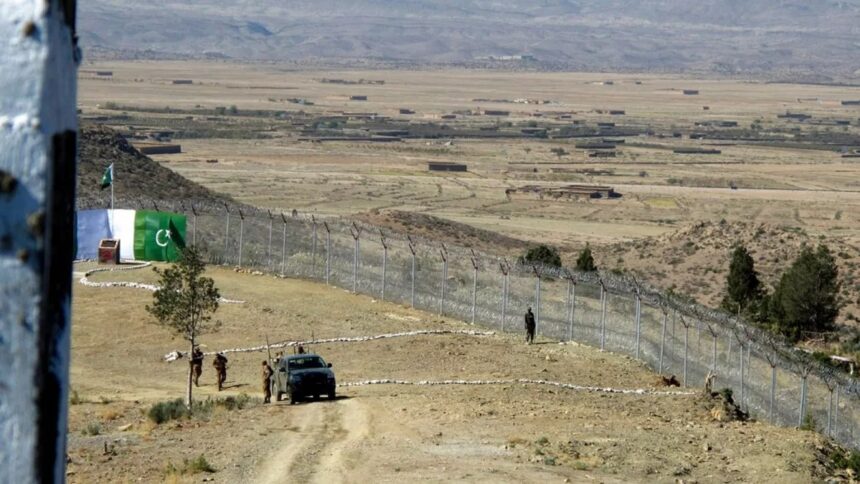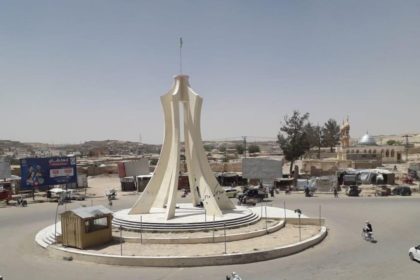RASC News Agency: In its latest report, the Eurasia News and Analysis Network underscores the deepening crisis at the Chaman-Spin Boldak border crossing, pointing out that tensions between Afghanistan and Pakistan have progressively intensified. The unrest at this key crossing began last year when Pakistan enforced new restrictions, requiring both Afghanistanis and Pakistanis to present passports and visas for border transit. This sudden imposition sparked widespread protests in Chaman, Pakistan, where residents had long enjoyed unrestricted movement. Over the span of nine months, more than 40 individuals were arrested, with at least 28 protesters and 17 Pakistani security personnel wounded in clashes.
Previously, citizens of Afghanistan and Pakistan could cross the border by merely showing their national identification cards (Tazkira). According to the Eurasia report, Pakistan’s new measures have not only disrupted the long-established movement of residents across the border but have also resulted in the unemployment of over 20,000 local laborers. For the first time in more than a century since the controversial Durand Line was drawn, such prohibitive restrictions have been placed on the movement of the local populace between these two neighboring nations.
Pakistani authorities have justified these stringent measures as necessary security precautions, citing an increase in cross-border terrorism and violence since the Taliban reclaimed power in Afghanistan in August 2021. Islamabad has witnessed a surge in terrorist attacks, which it attributes to militants crossing over from Taliban-controlled Afghanistan. In response, Pakistan has accelerated the construction of border fences to prevent what it describes as the infiltration of “terrorist elements” into its territory.
Pakistani media has frequently reported a marked increase in terrorist incidents since the Taliban’s resurgence in Afghanistan. Despite the Taliban’s repeated denials of harboring or supporting the Tehrik-i-Taliban Pakistan (TTP), Islamabad continues to hold the Taliban responsible, pointing to their perceived leniency towards extremist factions like the TTP.
The Eurasia report further notes that despite Pakistan’s ongoing diplomatic efforts and persistent demands for the Taliban to take action against the TTP, the Afghanistani Taliban have thus far failed to respond decisively. In response, Pakistan has undertaken a series of security initiatives aimed at halting what it describes as the “movement of terrorists from Afghanistan into Pakistan.” While these measures have prioritized enhancing security along the border, the report highlights that they have largely overlooked critical local dynamics, including shared cultural bonds, familial ties, and the livelihoods of communities straddling the border.






